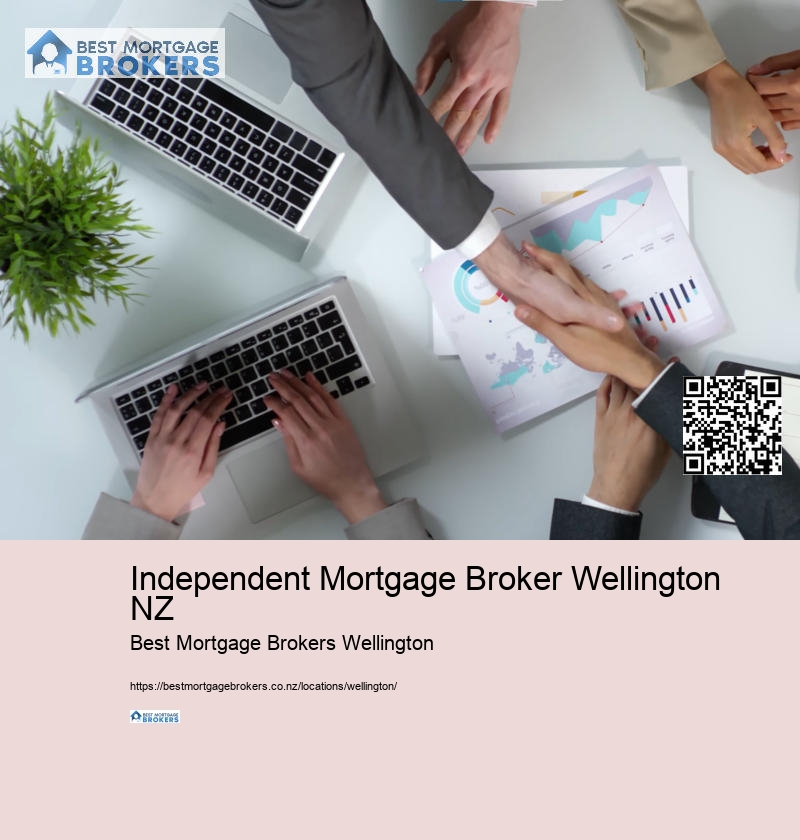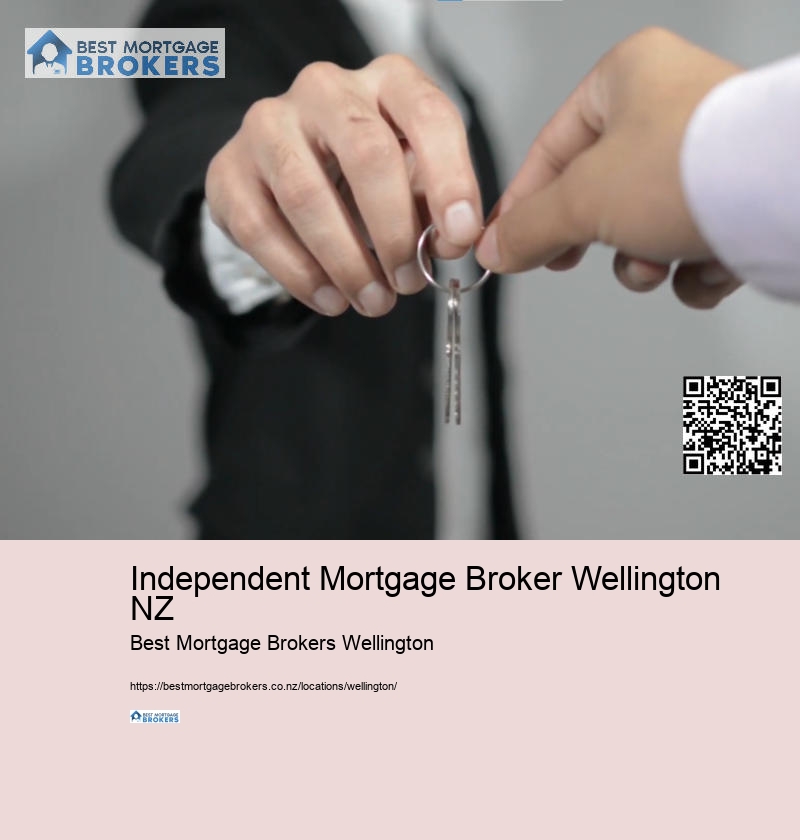Independent Mortgage Broker Wellington NZ
mortgage advisor
Another mistake to avoid is overextending yourself financially. While it may be tempting to reach for a more expensive property, it's important to stay within a budget that you can comfortably afford. Failing to do so can lead to financial strain and potentially put your home at risk. new home
Your credit score plays a significant role in determining the interest rate you qualify for. By paying bills on time, keeping credit card balances low, and avoiding new debt, you can improve your creditworthiness and secure a better mortgage deal.
Mortgage insurance is a financial product that helps safeguard lenders from the risk of borrowers defaulting on their mortgage payments. It is typically required for homebuyers who put down less than 20% of the home's purchase price as a down payment.
Having mortgage insurance in place provides a layer of protection for lenders, allowing them to approve loans for borrowers who may not meet the conventional 20% down payment requirement. While mortgage insurance adds an additional cost to your monthly mortgage payments, it can help you secure financing for your dream home. mortgage advisor




